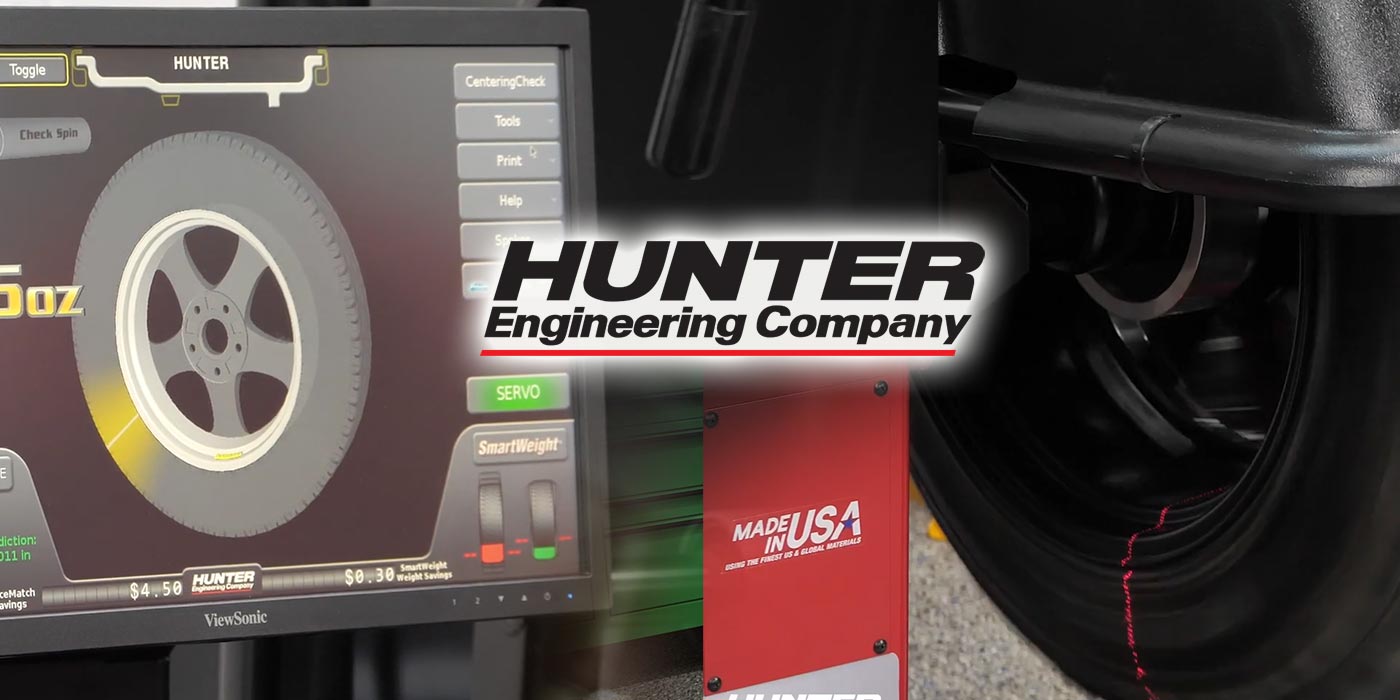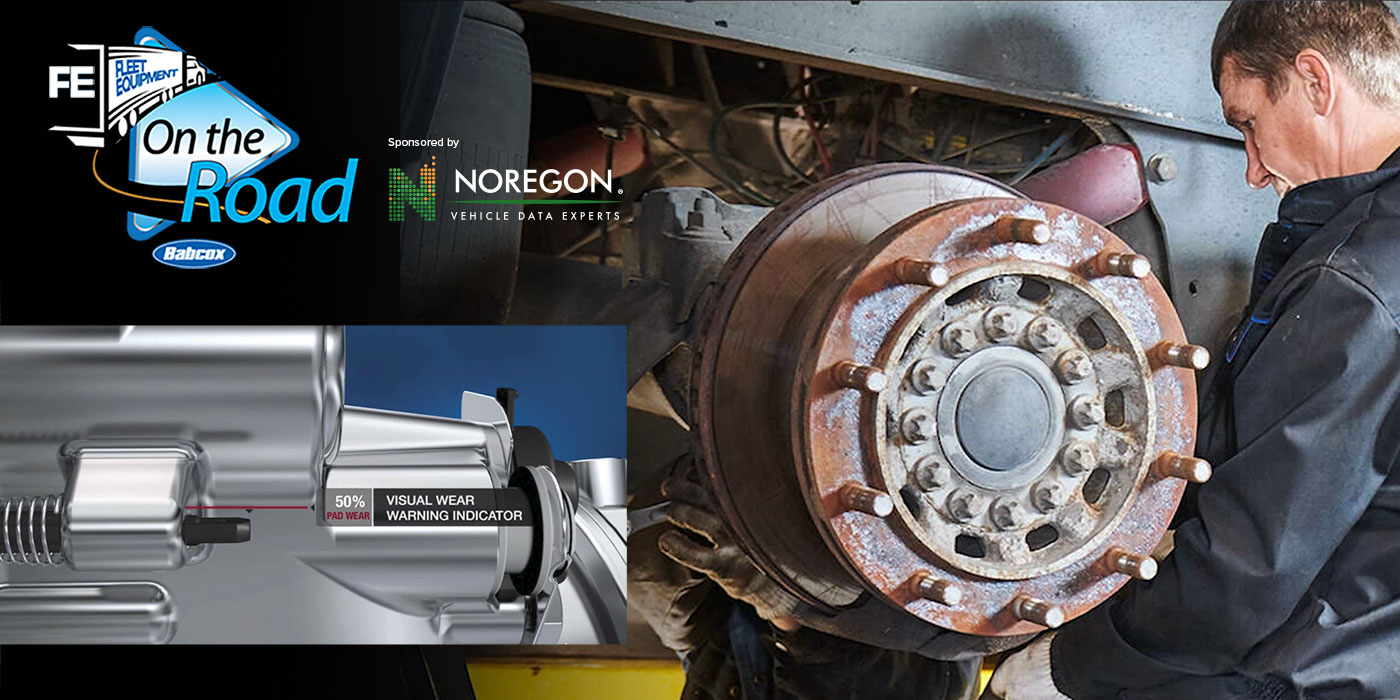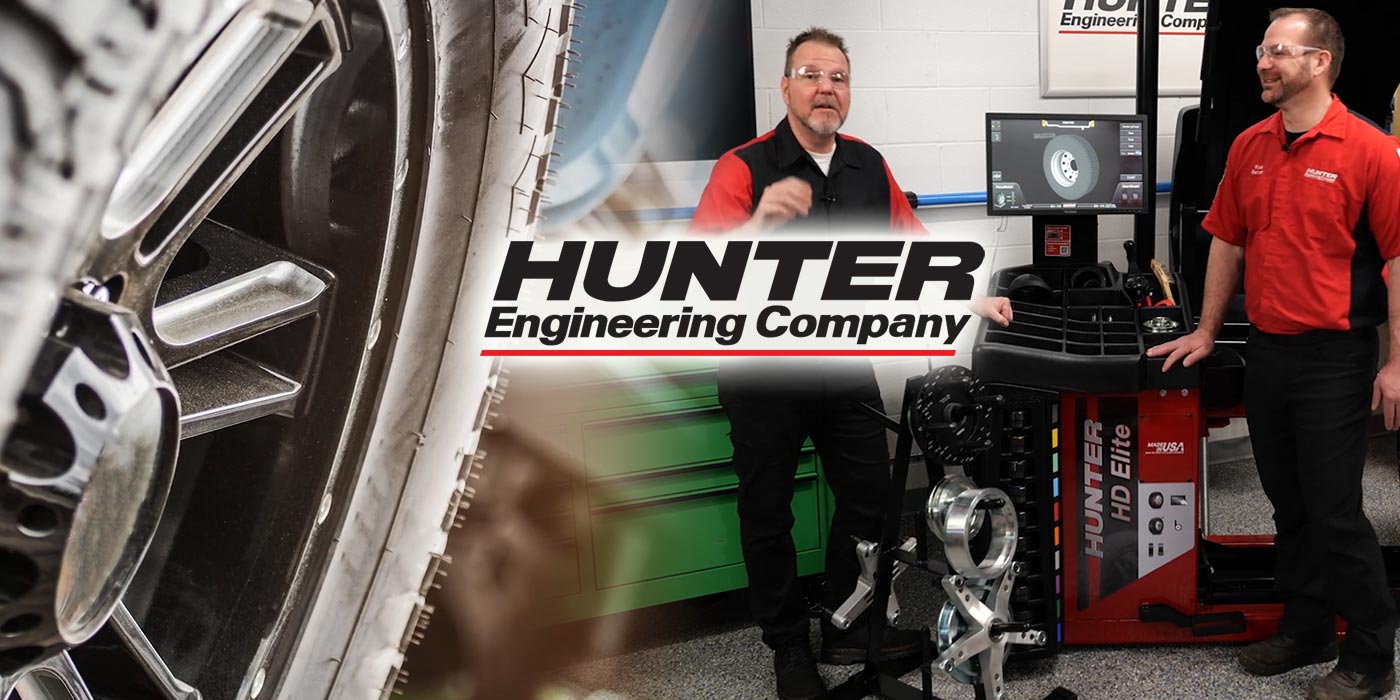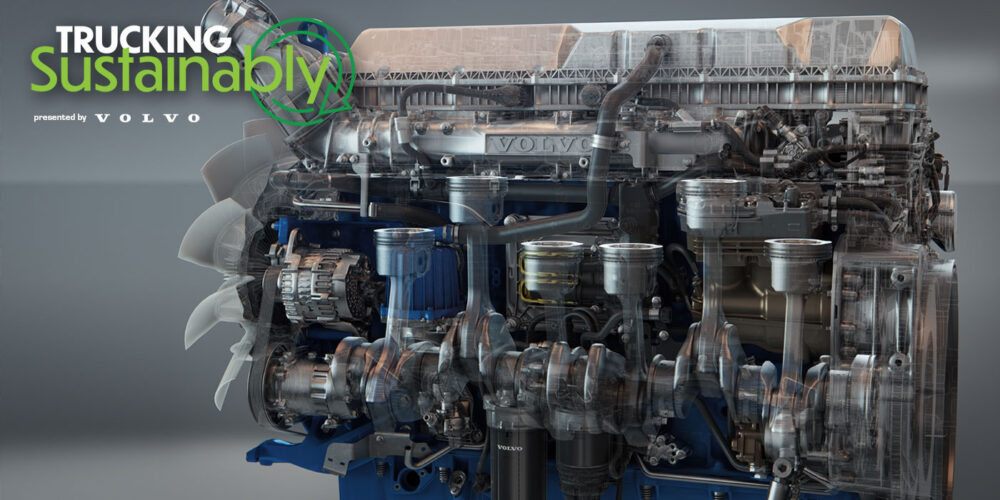The cool thing about data is that what you do with it is up to you. I know it can seem like data is this objective, all-knowing thing that is talked about like it controls your operation, but really, it’s just a tool, and we get to decide how we’re going to act on it.
Same as any fleet would need to know to properly act on its data–size of your fleet, model of trucks, application, duty cycle, miles driven and even locations the vehicles are operating in are important factors to consider. Since everyone’s circumstances are a bit different, it is safe to assume that software and service needs may be unique in its own way.
From there, it’s important to maintain ongoing collaboration and partnerships with experts and solution providers who will help you to stay up to date on the latest data analysis opportunities, especially in the truck service segment where things like truck tire data solutions are starting to grow.
Tires are a good example of an operational metric that impacts your fleet’s efficiency. But it’s not the only one–your truck service data can tell you where your pain service points are. Once that’s been determined, it’s time to ensure that your truck service software is compatible with the needs of your fleet.
Different truck service problems might require access to different service information. After all, a great source of information to diagnose and repair aftertreatment systems might not have the latest info you need to correctly calibrate an ADAS system.
So how do truck service information providers ensure that their software solutions are flexible and customizable enough to meet the unique needs of different fleets?
Fleet Equipment’s Data Center is sponsored by Noregon. Subscribe to our newsletter to catch every episode as we’ll be diving into use cases, talking with the data pros and making data usage approachable.













